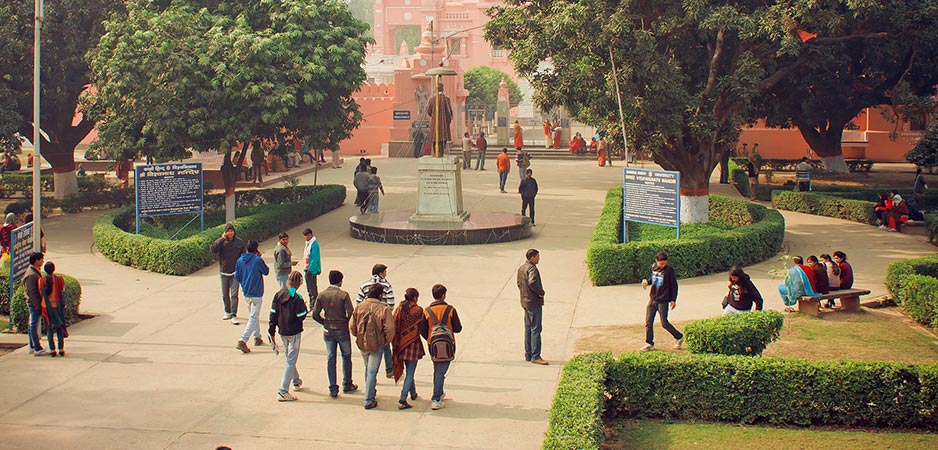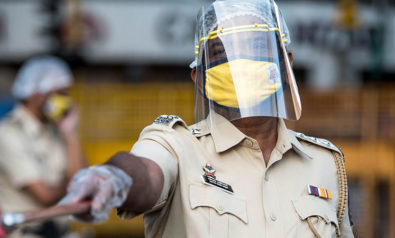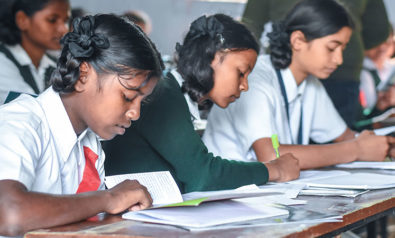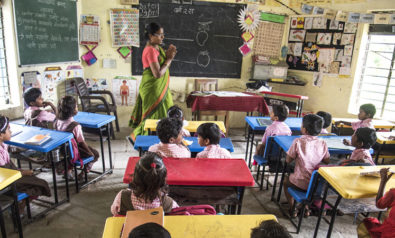In 2020, exams for the 10th grade conducted by India’s Central Board of Secondary Education (CBSE) led to impressive results. Of the 1.8 million students who took the exam, 10% scored over 90% and 2.23% scored over 95%. In 2019, a similar number wrote the exam with 13% scoring above 90% and 2.23% over 95%, comprising 220,000 and 56,000 students, respectively. If results were an indicator of the state of school education, India is doing quite well.
360° Context: The State of the Indian Republic
Things could be getting even better. The government has announced the New Education Policy (NEP) 2020 with much fanfare. It is a much-delayed and long-awaited review of the status quo. My daughter in the eighth grade is enthused by the choice that the NEP offers. Yet, like all policies, especially in India, much depends on its rollout and implementation.
Why Engineering Is a Big Deal
Like most other parents, I follow the news and try to keep abreast of what is happening to aid my child’s decisions about the future. The last three decades have demonstrated the great equalizing power of education. Globalization gave all those who had a certain level of education the opportunity to compete in a global labor market. They found employability around the world. Some did better than others. Today, those who studied engineering are running not only information technology companies but also hedge funds.
In the Indian context, those with engineering degrees run everything from marketing and finance in the private sector to intelligence and the ministry of culture in the government. This raises an important question: Why do those who study engineering dominate in most professions in India?
The answer is simple: India defines merit exceedingly narrowly. In a country where labor is plentiful and jobs are scarce, anyone with half-decent quantitative ability strives to get an engineering education. Since 1991, rapid economic growth led to more job creation in India, but most applicants lacked relevant skills. Clearly, higher education was not equipping students for the job market.
Faced with such a situation, companies sought the most efficient way out. They focused on hiring students with a basic understanding of logic and proficiency in numbers. Other knowledge and skills were deemed superfluous. Companies assumed that logical and numerate candidates could always pick up other skills on the job. So, they focused on hiring engineering graduates for all sorts of positions. Others were deemed almost unemployable.
When I ask other parents about the educational choices they make for their children, their unequivocal answer is employability. These choices are based on personal experience. Parents want the best for their children. They want them to get jobs, not starve on the street. So, we send our children to coaching classes from the age of 9 or 10 to clear engineering entrance examinations.
Why Indians Study Abroad
We are not just spending on private coaching. We Indians are also spending $20 billion per year to send our children to universities in Anglo-Saxon lands. We do so because getting into top institutions such as the Indian Institutes of Technology (IITs) or Delhi University is difficult. The entrance exam for the IITs is the hardest in the world. Even the third cut off list for applicants to Delhi University requires candidates to have a minimum of 98%.
There is another reason we send our children abroad. Anglo-Saxon universities in the US, the UK, Canada, Australia and New Zealand offer higher quality education, better facilities and greater career opportunities. An education in Anglo-Saxon lands promises a better life for our children.
The decision to send children abroad does not happen after school. To study abroad, children study in schools that follow the International Baccalaureate (IB) curriculum instead of the CBSE one. While IB grades are preferred by Anglo-Saxon universities, they are not accepted by Indian institutions. So, parents have to make the choice of sending their children abroad at a rather early stage. It determines the schools they choose for their children.
In India, there are many school boards apart from CBSE. These follow different standards in their marking. Equalization committees have emerged to do the hazardous job of comparing apples to oranges. They do so by giving unearned marks to students who have written their exams for boards deemed to be tougher. This process is ridden with pitfalls and hundreds of thousands pay the price for this arbitrary equalization. It is little surprise that IB schools tempt Indian parents.
Higher education outside the elite schools in India is in a poor state. In 2018, 101 business schools applied to shut shop. Their student enrollments had dipped after their graduates had been unable to get jobs. The education these schools offer has few takers in the job market, leaving them with no option but to close.
To understand the hypercompetition for jobs in the country, it is important to remember that more than 600 million Indians, over 50% of the country, are under 25. Employment figures still run low despite past years of high growth. So, India’s young population has to compete ferociously to get “quality” education or good jobs. Not only jobs in medicine or engineering but also in sales or marketing are exceedingly difficult to come by. Hence, parents send children to Anglo-Saxon universities so that they acquire a good education and a decent job. It is for the same reason parents push children into engineering if they study in India.
Making everyone study engineering does not make sense, though. Recruiting most jobs from engineering schools is not a great idea either. The three “Rs” — reading, w(r)iting and a(r)ithmetic — cannot be the monopoly of engineering graduates. There must be space for young people in the labor market who have studied history or philosophy. We must come up with a more catholic concept that gives students a holistic education.
As a father, I hope fervently for reforms in this direction. I want my daughter to have more meaningful choices to study in India. I want her to be able to decide what to study as per her intrinsic interests, not the arbitrary dictates of an oppressive job market.
The views expressed in this article are the author’s own and do not necessarily reflect Fair Observer’s editorial policy.
Support Fair Observer
We rely on your support for our independence, diversity and quality.
For more than 10 years, Fair Observer has been free, fair and independent. No billionaire owns us, no advertisers control us. We are a reader-supported nonprofit. Unlike many other publications, we keep our content free for readers regardless of where they live or whether they can afford to pay. We have no paywalls and no ads.
In the post-truth era of fake news, echo chambers and filter bubbles, we publish a plurality of perspectives from around the world. Anyone can publish with us, but everyone goes through a rigorous editorial process. So, you get fact-checked, well-reasoned content instead of noise.
We publish 2,500+ voices from 90+ countries. We also conduct education and training programs
on subjects ranging from digital media and journalism to writing and critical thinking. This
doesn’t come cheap. Servers, editors, trainers and web developers cost
money.
Please consider supporting us on a regular basis as a recurring donor or a
sustaining member.
Will you support FO’s journalism?
We rely on your support for our independence, diversity and quality.




















